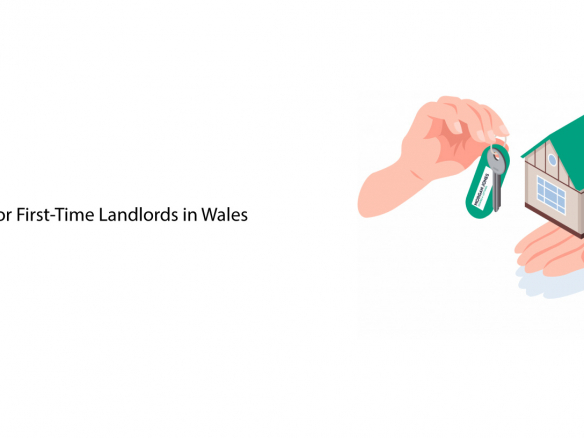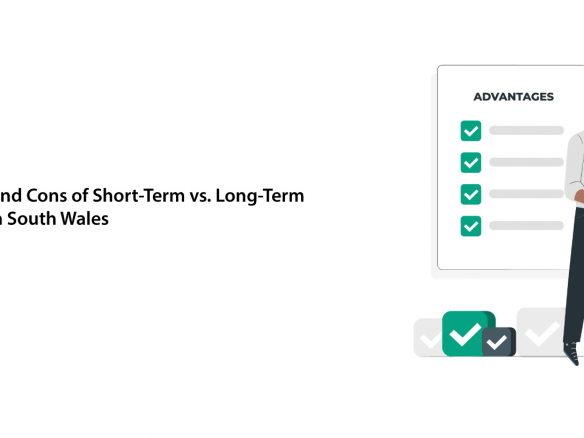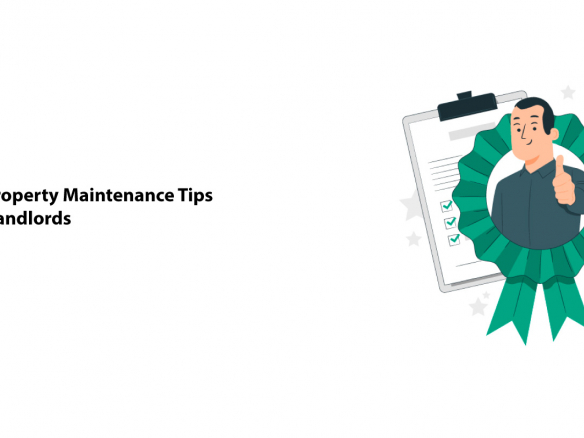As a landlord in Wales, ensuring your property meets Energy Performance Certificate (EPC) requirements is a legal obligation and a crucial step in enhancing your property’s value and attractiveness to tenants.

With the increasing focus on sustainability and energy efficiency, meeting EPC standards can help you stay ahead of regulatory changes, reduce your environmental impact, and potentially increase your rental income.
In this guide, we’ll explore everything you need to know about EPC requirements in Wales, along with practical tips on improving your property’s energy efficiency.
What is an EPC, and Why is it Important?
An EPC is a document that provides information about a property’s energy efficiency, ranging from A (most efficient) to G (least efficient). EPCs are legally required for all properties in Wales that are being rented out or sold, and landlords must provide a valid EPC to potential tenants or buyers. The certificate includes details on the property’s energy use, carbon dioxide emissions, and recommendations for improving energy efficiency.
Meeting EPC requirements is important for several reasons:
Legal Compliance: Landlords in Wales must ensure their properties meet the minimum EPC rating of E to rent them out legally.
Tenant Appeal: Energy-efficient properties are more attractive to tenants, offering lower energy bills and a reduced environmental impact.
Future-Proofing: The Welsh Government’s commitment to reducing carbon emissions will likely require stricter EPC regulations. Improving your property’s energy efficiency can help you avoid these changes.
Understanding EPC Requirements in Wales
As of 2024, all rental properties in Wales must have an EPC rating of E or higher. This requirement is part of the Welsh Government’s efforts to improve energy efficiency and reduce carbon emissions across the housing sector. Please meet these requirements to avoid fines and the inability to let your property legally.
Upcoming Changes to EPC Regulations The Welsh Government has indicated that EPC requirements will become more stringent in the coming years. By 2025, rental properties may be required to achieve a minimum EPC rating of C.
This shift reflects the growing emphasis on sustainability and energy efficiency, so landlords must start planning upgrades now.

Steps to Improve Energy Efficiency in Your Welsh Property
Improving your property’s energy efficiency can help you meet EPC requirements and enhance its value. Here are some practical steps you can take:
Insulation Upgrades
Loft Insulation: Ensuring your property has adequate loft insulation can significantly reduce heat loss, improve energy efficiency, and lower heating costs.
Wall Insulation: Cavity wall insulation is another effective way to retain heat within the property, particularly in older homes, which are common in Wales.
Floor Insulation: Insulating floors can also contribute to energy savings, particularly in properties with uninsulated suspended wooden floors.
Energy-Efficient Windows and Doors
Double or Triple Glazing: Upgrading to double or triple-glazed windows can reduce heat loss and improve your property’s EPC rating.
Draught-Proofing: Sealing gaps around windows and doors can prevent heat from escaping, making your property more energy-efficient.
Heating System Improvements
Boiler Upgrades: Replacing an old, inefficient boiler with a modern, energy-efficient model can significantly improve your EPC rating.
Smart Heating Controls: Installing smart thermostats and heating controls allows tenants to manage their energy usage better, contributing to higher energy efficiency.
Renewable Energy Sources
Solar Panels: Installing solar panels can reduce your property’s carbon footprint and energy costs while improving its EPC rating.
Heat Pumps: Air- or ground-source heat pumps are increasingly popular in Wales because they are energy efficient and can boost EPC ratings.

Energy-Efficient Lighting
LED Lighting: Replacing traditional light bulbs with energy-efficient LED lighting is a simple, cost-effective way to improve energy efficiency and reduce electricity usage.
Financial Incentives and Support for Landlords
Several financial incentives and support schemes are available to help landlords in Wales improve their properties’ energy efficiency:
Welsh Government Grants: Various grants and funding options are available to support energy efficiency improvements in rental properties.
The Green Homes Grant: Although this program has ended, similar initiatives may be introduced, providing financial assistance for energy-efficient upgrades.
Energy Company Obligation (ECO): Under this scheme, energy companies must fund energy efficiency improvements in eligible properties.
How to Obtain an EPC for Your Property
You’ll need to hire an accredited energy assessor to evaluate your property and provide an EPC rating to obtain an EPC. The assessment considers insulation, heating systems, windows, and lighting factors. Once issued, an EPC is valid for ten years, but it’s advisable to renew it after making significant energy efficiency improvements.
Meeting EPC requirements is not just about legal compliance; it’s about future-proofing your investment and enhancing your property’s appeal in an increasingly eco-conscious market.
By taking proactive steps to improve energy efficiency, you can ensure your property remains competitive, attractive to tenants, and aligned with the Welsh Government’s sustainability goals.

If you’re a landlord in South Wales looking to improve your property’s energy efficiency and meet EPC requirements, contact Morgan Jones today. Our team of experts can provide tailored advice and support to help you navigate the regulatory landscape and enhance your property’s value.
Visit our Contact Page or contact us at 01792 651311 to start the conversation.








Join The Discussion